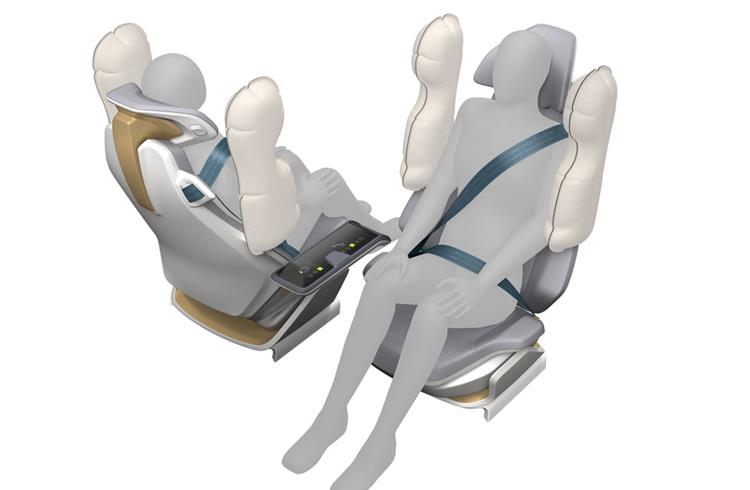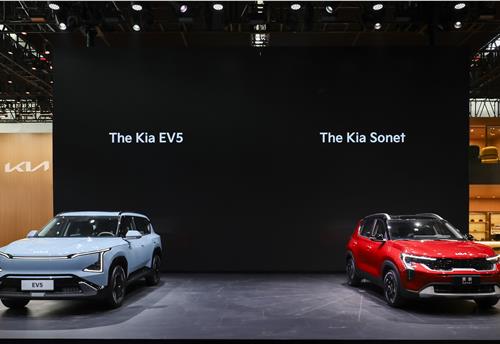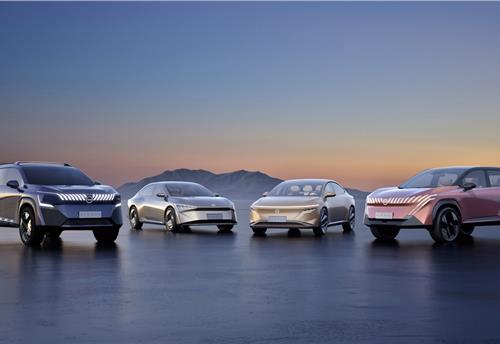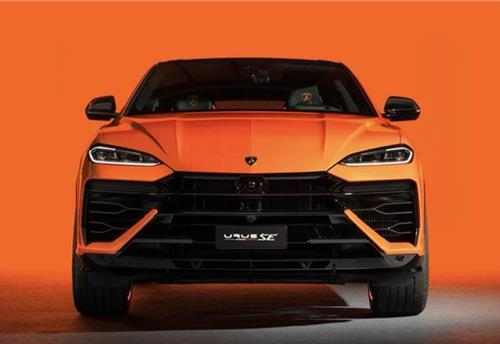Adient and Autoliv to collaborate on safety, comfort and convenience for seats of the future
Seating and system systems suppliers to look beyond traditional forward-facing seats to create optimal integrated products and solutions for mobility of the future
Automotive seating supplier Adient and safety systems developer Autoliv are collaborating to address vehicle seating challenges presented by designs for the future car and the incorporation of autonomous driving.
The interior of automated driving vehicles will play an important role, as drivers and passengers will spend more time on non-driving activities. Once vehicles have the capability to be computer-driven, passengers will demand far more flexibility from a vehicle’s interior space than ever before, resulting in alternative seating positions to relax, work and socialise. At the same time, completely new safety and comfort challenges arise with these flexible car using opportunities. By looking beyond traditional forward-facing seats, Adient and Autoliv aim to create optimal integrated products and solutions to address these challenges.
At the same time, completely new safety and comfort challenges arise with these flexible car using opportunities. Even in automated vehicles, seatbelts, pretensioners and buckles remain the primary means of restraint should an accident occur. The cooperation between Adient and Autoliv will initially be focused on optimal integration of Autoliv’s safety components into the non-traditional seating arrangements of the future car and on enhancing existing seat-mounted airbag systems and new far-side systems for Euro NCAP. Customer target offering for these solutions will be the second half of 2018.
Future plans include the co-development of highly integrated solutions for enhanced safety, comfort and convenience for future mobility. Both companies are also interested in investigating the potential value in expanding to non-automotive applications if necessary to keep people safe however and wherever they travel or commute.
“This is a tremendously exciting time for the automotive industry, with mobility on the cusp of a fundamental disruption. With our world-class technologies and capabilities, we are more than ready to provide the next generation of advanced vehicle seating systems,” said R Bruce McDonald, Adient chairman and CEO. “Working with Autoliv means combining the strengths of two leading companies to improve safety, comfort and convenience in the interior of future autonomous vehicles.”
“Our purpose is to provide the latest technology and the highest quality to save more lives,” said Mikael Bratt, president, Autoliv Passive Safety. “Utilising our global engineering resources to reinforce occupant safety remains our top priority, and working with Adient provides the ultimate package upgrade to give consumers confidence and added assurance that their vehicle is equipped with advanced interior protection.”
RELATED ARTICLES
Kia displays EV5 and Sonet SUVs for Chinese market
Kia has unveiled a number of key models and new technologies for Chinese customers at the 2024 Beijing International Aut...
Nissan targets growth in China, unveils four NEV concepts at Beijing Motor Show
The two EVs and two plug-in hybrids are a joint effort with Nissan’s local partner Dong Feng and aimed to better address...
Lamborghini unveils Urus SE ahead of Auto China 2024
Electric-only range of 60km helps reduce emissions by 80%.





 By Autocar Pro News Desk
By Autocar Pro News Desk
 15 Sep 2017
15 Sep 2017
 4401 Views
4401 Views









